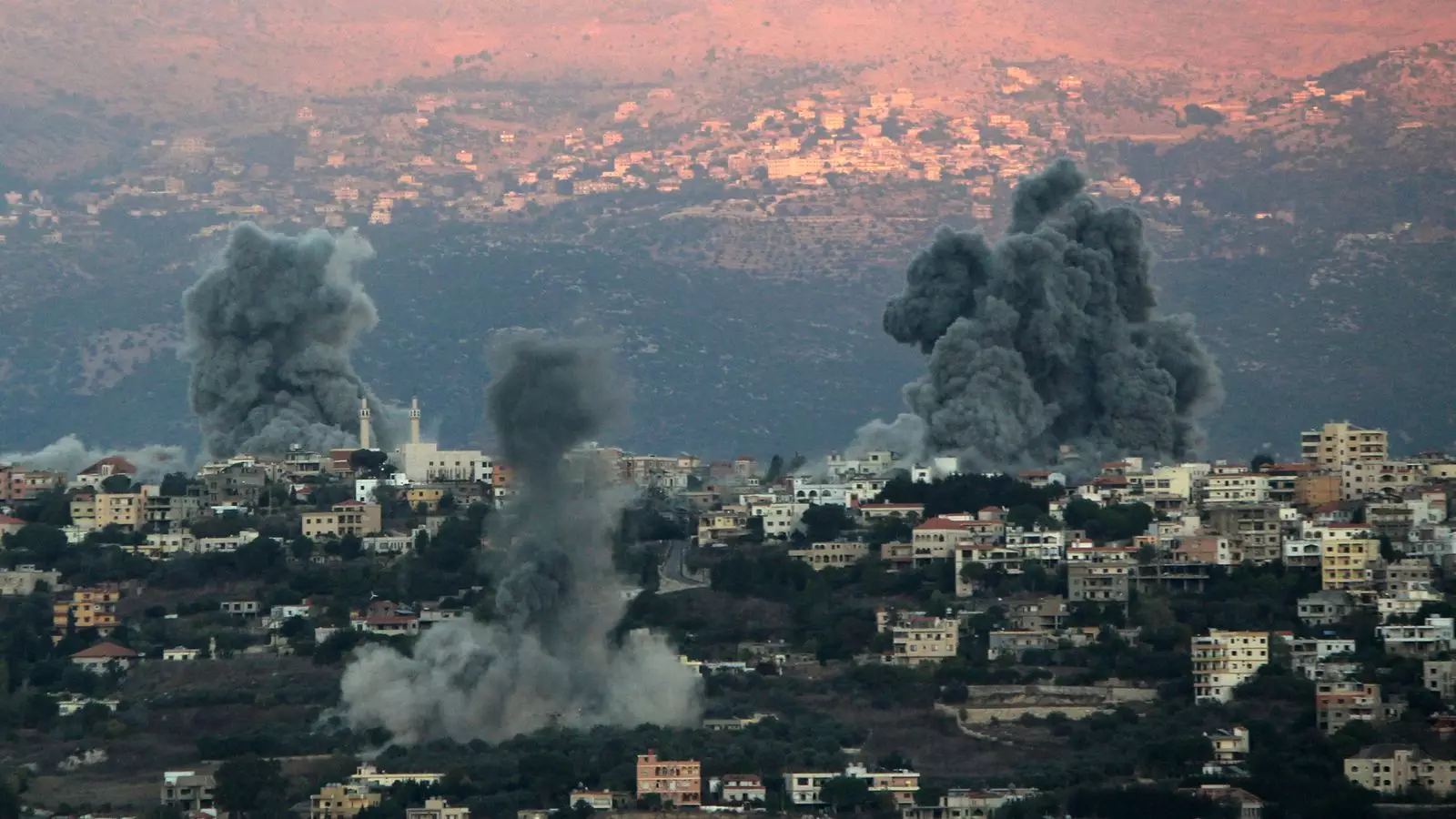In a rapidly deteriorating situation in Lebanon, British Foreign Secretary David Lammy has sounded the alarm for British nationals to leave the country without delay. This urgent advisory comes amid fears of increasing violence in the region, particularly following the assassination of Hezbollah leader Hassan Nasrallah in recent Israeli airstrikes. Lammy highlighted the unpredictability of the conflict’s trajectory, cautioning that the government may soon be unable to provide assistance if circumstances worsen significantly. This represents a crucial turning point where the stakes in the Middle East have escalated, raising concerns about a potential regional conflict.
The backdrop of rising tensions is compounded by Hezbollah’s fierce rhetoric in response to Nasrallah’s killing. The organization has proclaimed its readiness to confront Israel should the situation escalate, indicating a potential pivot towards larger scale hostilities. This begs the question: what do such statements mean for the safety of civilians, particularly foreign nationals caught in the geopolitical fray?
The British government’s plan includes deploying a rapid response unit aimed at safeguarding the estimated 5,000 British citizens present in Lebanon. Approximately 700 troops are stationed in Cyprus, a strategic location that offers a base for potential evacuations. Commercial flights have been organized to facilitate a swift exit for UK nationals, underscoring the urgency of the situation. Foreign Secretary Lammy reiterated his call for citizens in Lebanon to take advantage of this support promptly, emphasizing that the situation is both fluid and precarious.
The implications of dismissing such advice could prove dire for British citizens on the ground. With a clear warning echoing from the British government about the unpredictability of impending developments, Lammy has signaled that individuals who hesitate may find themselves in increasingly precarious circumstances. The government’s message is clear: acting quickly could make the difference between safety and jeopardy.
In parallel with the urgent evacuation efforts, diplomatic talks are underway. Lammy revealed a conversation with U.S. Secretary of State Antony Blinken, highlighting a shared concern about the escalating rhetoric and actions in the region. This collaboration underscores the interconnectedness of modern geopolitics, where actions taken by one state can reverberate through international relations, affecting foreign nationals far removed from the conflict.
Moreover, the dynamics of Iranian involvement in the conflict cannot be ignored. With Hezbollah’s backing from Iran, the potential for conflict escalation looms large. Lammy’s discussions with Iranian counterparts reflect an ongoing effort to navigate the treacherous waters of diplomacy. The appeal for restraint emphasizes a desire not only for the safety of nationals but also for broader regional stabilization.
The situation in Lebanon raises pivotal questions about the wider implications of military engagements in volatile regions. As international powers consider military aid and offensive strategies, it becomes vital to analyze the potential consequences of such decisions. The Barrage of military actions by regional actors can have unprecedented ripple effects that may threaten both strategic interests and civilian safety. How the UK, alongside its allies, navigates this crisis will undoubtedly shape perceptions and international relations in the years to come.
Assessing the broader ramifications of the crisis also invokes considerations of humanitarian impact. As the conflict threatens steadily to escalate, the plight of innocent civilians—both local and foreign—comes to the forefront of international discourse. Countries need to weigh the costs and benefits of military engagements against the potential for humanitarian crises that follow.
The British government’s response to the escalating danger in Lebanon serves as a call to action for British nationals and underscores the complexities of international diplomacy during periods of warfare. As tensions rise and strategic decisions are made, the focus remains on ensuring the safety of individuals while navigating the broader geopolitical landscape. As the situation develops, vigilant diplomatic efforts and an awareness of the human aspect must guide policy to prevent further catastrophe.


Leave a Reply